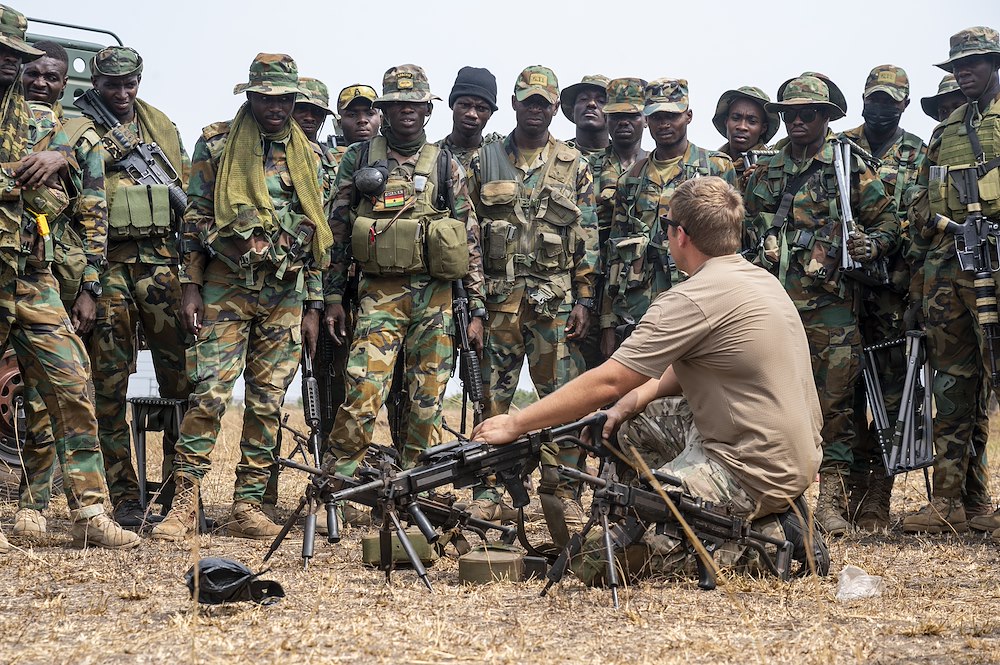
Quidah is an online platform that connects investors with curated opportunities and expert insights on Africa’s emerging markets, while offering businesses promotional services, partnership facilitation, and market intelligence to attract capital and grow their operations.
Industries
The evolution of U.S. Africa Command (AFRICOM) marks a turning point in international security cooperation. Rather than positioning itself as the indispensable pillar of regional stability, AFRICOM is now encouraging African partners to take a leading role in their own defense. This shift is visible in the command’s public messaging, leadership changes, and ongoing partnerships. By moving away from a heavy reliance on U.S. intervention, the focus is on empowering local militaries to develop homegrown solutions, capabilities, and resilience.
As AFRICOM adjusts its engagement, questions emerge about the balance between military support and investments in diplomacy, governance, and humanitarian relief. Historically, AFRICOM integrated development goals with security, using a holistic approach to address the root causes of instability. Now, with an emphasis on direct security operations and regional partnerships, some critics worry that critical development initiatives and long-term conflict prevention may be overshadowed by immediate security concerns.

Over the years, AFRICOM has always favored a “light footprint” strategy, focusing on security cooperation teams and flexible partnerships rather than permanent bases or large deployments. This approach enabled wide-reaching influence while minimizing risk and cost. In times of crisis, AFRICOM has adapted quickly—deploying special operations, intelligence, and surveillance to counter emerging threats in key regions. This blend of restraint and rapid response has allowed the U.S. to maintain a significant, though often behind-the-scenes, presence on the continent.
A central pillar of AFRICOM’s strategy has been support for local counterterrorism initiatives. Rather than leading the fight, the command backs training, logistics, and operational planning in collaboration with African militaries. However, the security landscape is evolving, with outside actors—particularly China and Russia—increasing their involvement in African affairs. As these powers compete for influence, AFRICOM faces new challenges in supporting its partners while avoiding direct competition and escalation.
Recent discussions about merging AFRICOM with other commands, as well as shifting troop deployments, signal broader institutional change. Leadership now emphasizes capacity-building over force projection, focusing on training, maritime security, and dialogue to foster self-sufficient African defense structures. This transition is designed to create enduring security, rooted in local ownership and regional cooperation.
AFRICOM’s new approach is defined by supporting, rather than directing, African security efforts. Training, equipment, and strategic planning are provided with the goal of enabling true partner autonomy. At the same time, sustainable progress depends on not losing sight of diplomacy, governance, and humanitarian work. As competition from other global powers grows, AFRICOM’s success will be measured by its ability to adapt, empower, and build meaningful local partnerships in a rapidly changing environment.



